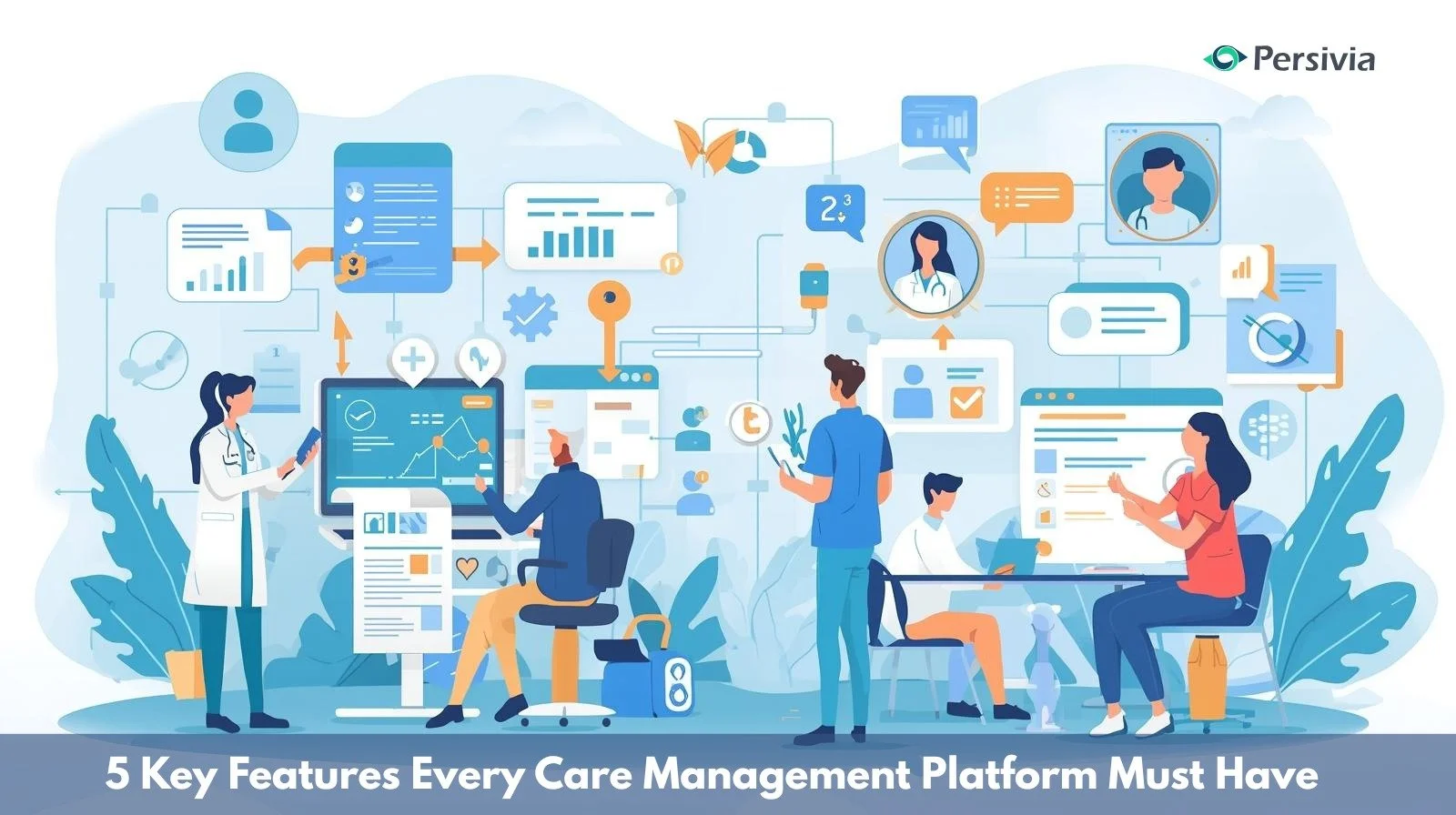Ear Health 101: How to Spot Problems Early and Maintain Healthy Ears
Your ears play a crucial role in your overall health and well-being. Keeping them in good condition is essential for preventing hearing loss and avoiding infections. Knowing how to spot problems early and maintain healthy ears can make a significant difference in your quality of life.
Managing Earwax Build-Up
Earwax is natural and usually harmless, but excessive build-up can cause problems. If you experience a feeling of fullness, discomfort, or reduced hearing, earwax might be the issue. Consider searching for “ear wax microsuction near me” and consult with a healthcare professional. Ear wax microsuction can provide a safe and effective method for removing excess wax and relieving discomfort. Avoid trying to remove earwax yourself, as this can push it further in or damage your ear canal.
Recognize Common Ear Problems
Understanding the signs of ear problems can help you seek treatment before issues become severe. Look out for symptoms such as persistent ear pain, hearing loss, or unusual discharge from your ears. Ringing in the ears, known as tinnitus, can also signal underlying issues. If you notice any of these symptoms, it's crucial to consult a healthcare professional for a proper diagnosis.
Persistent Ear Pain: Ear pain that doesn’t go away after a few days could be a sign of an infection or other serious condition. If the pain is accompanied by fever or drainage, it’s essential to get medical advice promptly. Persistent pain may indicate conditions like otitis media or a ruptured eardrum, which require professional treatment.
Hearing Loss: Gradual or sudden hearing loss can result from various issues, including ear infections, excessive earwax, or age-related changes. If you notice a decrease in your ability to hear or difficulty understanding conversations, it’s important to get a hearing evaluation. Early detection of hearing loss can lead to effective management and prevent further deterioration. In some cases, equipment for deaf and HoH (hard of hearing), such as hearing aids or alerting devices, can play a crucial role in improving communication and quality of life.
Unusual Discharge: Any unusual discharge from your ears, such as pus or blood, should be evaluated by a healthcare provider. This could be a sign of an ear infection, injury, or other underlying conditions. Discharge accompanied by pain, itching, or a feeling of fullness in the ear warrants immediate attention to prevent complications.
Tinnitus: Ringing, buzzing, or hissing sounds in the ears, known as tinnitus, can be a symptom of various issues, including exposure to loud noise or ear infections. Persistent tinnitus can affect your quality of life and may signal an underlying problem that needs addressing. Consulting a specialist can help determine the cause and appropriate treatment for your symptoms.
Preventing Ear Infections
Ear infections are common, especially in children, but they can affect adults too. To reduce your risk, avoid inserting objects into your ears, including cotton swabs, as these can push wax further in. Keep your ears dry, especially after swimming or bathing. If you get water trapped in your ear, tilt your head to let it drain out.
When self-removal methods prove ineffective or risky, seeking expert assistance becomes crucial for maintaining ear health. Professional services, particularly those specializing in advanced techniques like microsuction, offer a safe and highly effective solution for stubborn earwax blockages. Such specialized care not only alleviates discomfort but also helps prevent potential complications, making professional ear wax removal a vital step for many. Regular professional check-ups can also help manage recurring issues and ensure long-term auditory well-being.
Proper Ear Hygiene
Maintaining good ear hygiene is key to preventing problems. Clean your ears gently with a washcloth on the outside of the ear canal. Avoid using ear drops or cleaners unless recommended by your doctor. Overuse of these products can irritate the ear canal and lead to infections.
Avoid Inserting Objects: Inserting objects like cotton swabs into your ears can push earwax deeper into the canal, potentially causing blockages or damage. Instead, use a washcloth to clean the outer parts of your ears. If you suspect a wax build-up, consult a healthcare professional for safe removal methods.
Use Ear Drops Wisely: Ear drops can help soften earwax, making it easier to clear, but they should be used with caution. Overuse of ear drops can irritate the ear canal and lead to infections. Always follow your doctor’s recommendations on how and when to use ear drops.
Keep Ears Dry: Excess moisture in the ear canal can promote the growth of bacteria and fungi, leading to infections. After swimming or showering, dry your ears thoroughly by gently tilting your head and letting gravity do the work. Avoid inserting anything into your ears to dry them, as this can irritate them.
Protect Your Ears from Loud Noises
Exposure to loud noises can cause permanent hearing damage. Use ear protection, such as earplugs or earmuffs, when you’re exposed to loud environments, like concerts or construction sites. Reducing the volume on headphones and keeping noise levels at a safe level can also help preserve your hearing.
Regular Check-Ups
Routine check-ups with an audiologist or ENT specialist can help catch any potential issues early. These professionals can assess your hearing and check for any signs of ear disease or abnormalities. Regular visits are especially important if you have a history of ear problems or are experiencing symptoms.
Maintaining healthy ears requires vigilance and proactive care. By recognizing common problems, preventing infections, practicing proper hygiene, protecting against loud noises, managing earwax, and scheduling regular check-ups, you can safeguard your ear health. Taking these steps will help ensure your ears remain in good condition and support your overall well-being.








